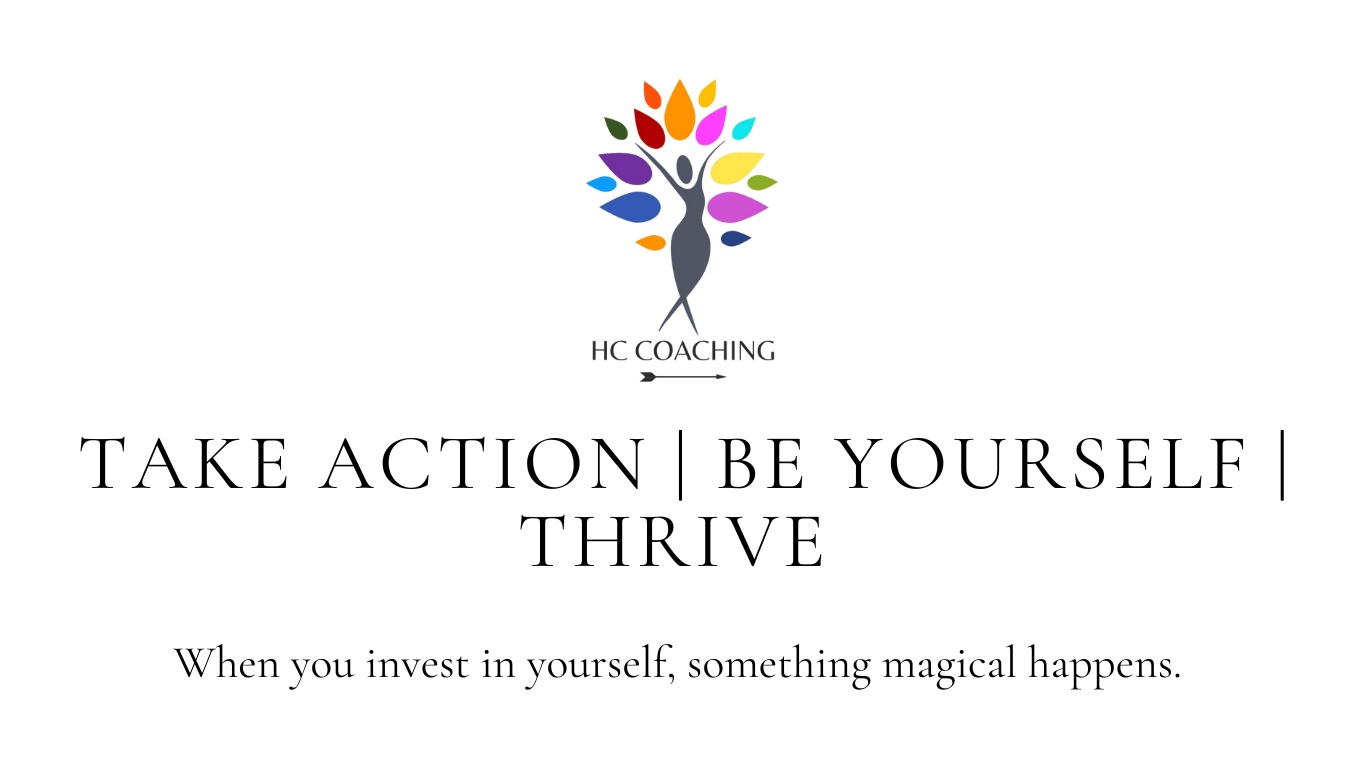Redundancy, change and me
I’ve been thinking a lot about change recently. It’s something that a lot of my clients come to me with - either they’re wanting to make a change, or a change is happening to them and they don’t know what to do or how to feel about it.
I’m the first to admit that change hasn’t often come easy to me. I like what I like and the structure it gives me.
Any kind of change can be unsettling - even the small things.
At my old job, there were so many office rearrangements that I had about 8 different desks in 12 years. I was not a fan and I usually made my feelings quite well known.
Yes, it was just a desk, but I knew my immediate environment, I knew where everything I needed was, I knew the people around me (and it takes me a long time to get to know people), all my reminders and prompts surrounded me, I knew the conditions and what I needed to do to make them work for me. Every time I changed my desk I’d have to go back to square one.
This sounds small and unimportant, but it made me feel untethered.
What’s this got to do with redundancy? Well, I had the same feeling. Suddenly, my working environment changed, the people around me changed, what was expected of me was different, essentially I felt lost.
I’ve now been through 2 redundancies and I have to say whilst they were both difficult, the second and most recent was easier. For one thing, I knew it was coming (thanks covid!) It had never been said out loud (in fact there had been more talk about me returning to the office), but it was obvious it was on its way.
Having this knowledge made a difference. I was able to process the possibility, the emotions and options to some degree before the event. I’m not saying I sailed happily through the process, but I had the space to think and for me that’s important.
One of my favourite things I worked on in my old job was our Major Incident Plan (MIP). We had a plan for all the scenarios (big and small) that could happen in the business that would negatively effect it. We then created the plan for what to do in the immediate moment and then how to ‘recover’ after the event. When we’re going through something like a major incident (at work or in our home lives), we can get stressed and when we’re stressed, our pre-frontal cortex doesn’t work so well and it becomes harder for us to make a decision, to be creative and to problem solve. By having the MIP it meant that when events happened, people didn’t have to rely on their brains functioning clearly to make the decisions - they had already been made, people knew what processes to follow, who to call and what to do.
Redundancy is a big thing to deal with and go through and to me it was a Major Incident. Whatever anyone says about it not being personal, it still feels pretty personal - because at the end of the day, it’s happening to you. Knowing the redundancy was on it’s way gave me time to process options in advance, a bit like a rehearsal.
This second redundancy gave me the chance to stop and think about the direction my career was heading. I was fortunate enough to be in a position where I didn’t have to grab a job asap and could take time to really think about what it was that I wanted.
Looking back, my biggest motivator in everything I do is helping others. I’ve wanted to be a police officer, an occupational therapist, a physiotherapist, a psychologist. In my day job you could argue I helped people. I helped them have a great day out, I helped them find a tour time that worked for them, I helped them organise afternoon teas, I helped solve their ticketing problems, I helped my colleagues with their budgets, I helped them carry boxes, I helped them with their proof reading.
And, for the most part I enjoyed it. But when I got the chance to pause and reflect, I found it wasn’t enough. I wanted to help more. The time and space I had gave me a sense of control. I could decide what path I took next and that feeling of control helped me feel less lost.
This is when I finally took the decision (and plucked up the courage) to change careers, to go back to training and become an accredited coach. I wanted to use my learnings and my skills to help others to make real change, to help them lead happier, more contended lives.
There’s definitely been a lot of change in recent years and the two things I have found most valuable in dealing with it and feeling in control of it are coaching and journalling. Together they have helped me process the reality, decide on options to take, follow through on actions and to make sure I listened to myself and gave myself the control that was needed.
Change is inevitable. How we respond isn’t.
If you’re going through change, you don’t have to do it alone. Get in touch and let’s see how we can work together.
